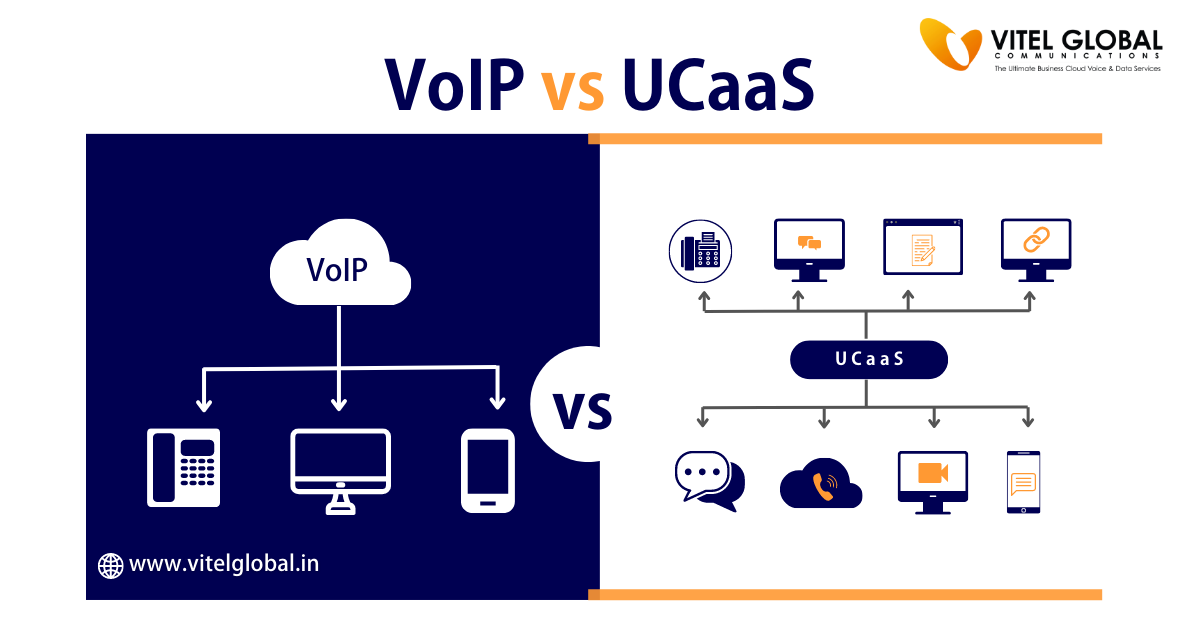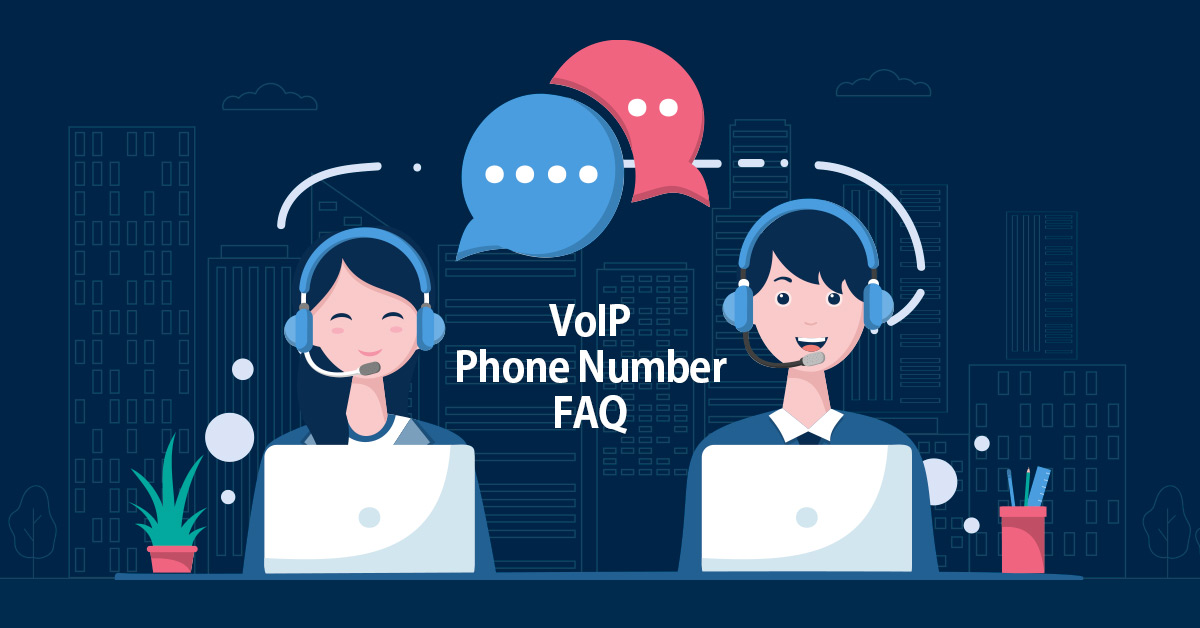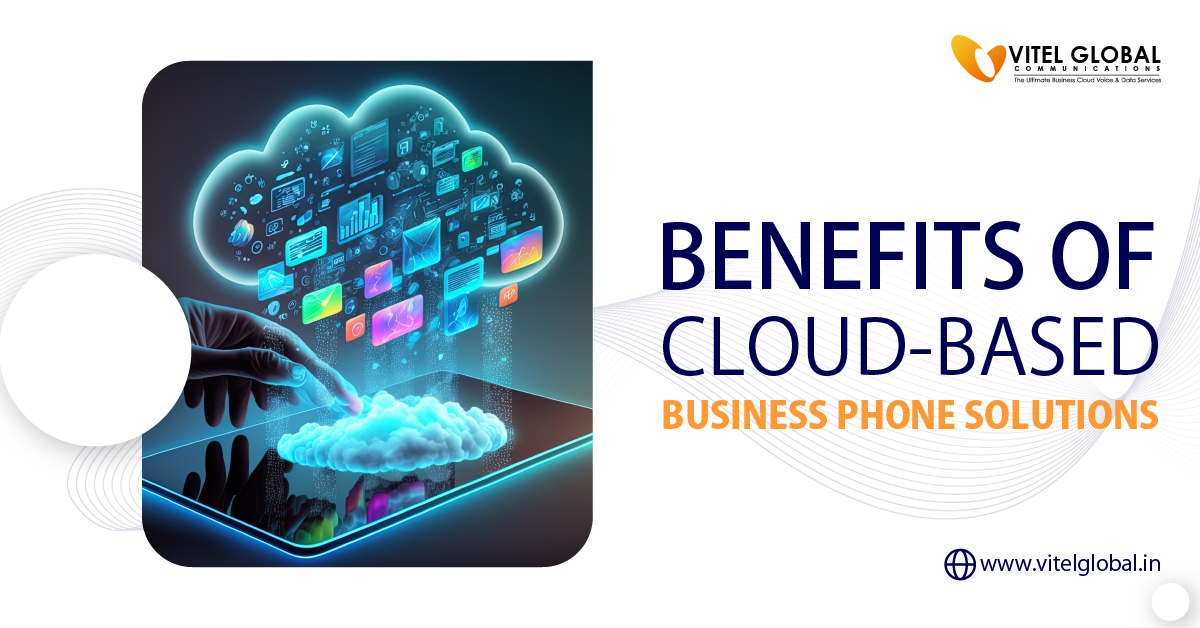Table of Contents
A Cloud Contact Center represents a paradigm shift in customer service, using the power of cloud computing to change how businesses interact with their customers. At its core, it is a centralized platform that manages all customer communications across multiple channels such as voice, email, and chat without the need for traditional, physical call center infrastructure. This innovative approach harnesses cloud technology to not only streamline operations but also to enhance the quality and efficiency of customer service.
What is a Cloud Contact Center?
A cloud contact center is an advanced suite of tools, applications, and services hosted on the internet that enables businesses to manage customer interactions across various channels including voice, text and email. Unlike traditional contact centers that require physical infrastructure and hardware, these operate on a software-as-a-service (SaaS) model, providing flexibility, scalability, and accessibility from anywhere with an internet connection.
How Do Cloud Contact Centers Work?
Cloud contact centers use Cloud Contact center technology to facilitate and optimize communication between agents and customers, providing a seamless interaction platform. When a customer reaches out, the cloud contact center’s advanced software swiftly determines the best agent to handle the inquiry, taking into account the agent’s current availability, specific skills, and the query’s complexity.
This intelligent routing is powered by a blend of advanced technologies such as Interactive Voice Response (IVR), which provides callers with automated menus and options; Automatic Call Distribution (ACD), which ensures calls are evenly distributed among available agents according to their expertise; and Computer Telephony Integration (CTI), enabling seamless integration between the cloud system and telephony services.
All these technologies operate in the cloud, eliminating the need for physical infrastructure and enabling a dynamic, flexible, and scalable customer service environment. This cloud-based ecosystem not only enhances operational efficiency but also improves the customer experience by ensuring inquiries are addressed promptly and by the most qualified individuals.
What are the Features of the Cloud Contact Center?
The features of cloud contact centers are meticulously designed to optimize operational efficiency and elevate the overall customer experience. These Auto attendants, interactive voice response (IVR), and call queues features not only streamline processes but also provide valuable insights and flexibility that are crucial for maintaining a competitive edge in today’s customer-centric business landscape. Let’s delve deeper into each of these key features.
Omnichannel Support
Omnichannel support stands at the forefront of enhancing customer interaction by providing a unified and consistent experience across various communication platforms. This feature allows customers to reach out via their preferred channel be it voice, email, text messaging while ensuring that the context and history of their interactions are preserved across channels. For businesses, this means being able to offer a seamless transition and personalized service, regardless of how or where the customer chooses to engage, leading to increased customer satisfaction and loyalty.
Automated Call Distribution (ACD)
Automated Call Distribution (ACD) is a pivotal feature that ensures incoming calls are managed efficiently, by automatically routing them to the most suitable agent based on predefined criteria such as skill set, availability, and customer needs. This smart distribution mechanism reduces wait times and improves the matching of customer inquiries to the right expertise, enhancing first-call resolution rates. ACD systems can also be configured to prioritize calls based on urgency or customer value, ensuring that high-priority interactions are handled promptly and effectively.
Interactive Voice Response (IVR)
Interactive Voice Response (IVR) systems provide an automated telephony system that interacts with callers, gathers information, and routes calls to the appropriate recipient. Through customizable voice menus and prompts, IVR phone system can efficiently direct customers to the right department, provide self-service options, or offer information without the need for direct agent interaction. This not only enhances customer satisfaction by providing quick answers to common questions but also optimizes agent productivity by reducing the volume of simple queries they need to handle directly.
Call Recording and Monitoring
Call recording and monitoring are essential features for maintaining high-quality customer service and ensuring compliance with regulatory standards. Recording customer interactions provides a valuable resource for quality assurance, training, and dispute resolution. It allows supervisors to review calls for coaching purposes, ensuring that agents meet the desired standards of service. Additionally, monitoring capabilities enable real-time intervention when necessary, allowing supervisors to provide immediate support or guidance to agents during calls, thereby improving the overall quality of customer interactions.
Analytics and Reporting
Analytics and reporting capabilities provide deep insights into contact center operations, providing a best view of call volumes, agent performance, customer satisfaction metrics, and more. These insights are crucial for informed decision-making, allowing managers to identify trends, pinpoint areas for improvement, and measure the impact of changes or initiatives. By understanding customer behaviors and preferences, businesses can tailor their services more effectively, improve resource allocation, and ultimately enhance the customer experience.
Benefits of Cloud Contact Center Compared with Traditional Contact Center
The transition from traditional to cloud contact centers brings numerous advantages:
- Easily adjusts to fluctuating call volumes, allowing businesses to scale up or down without the need for physical infrastructure changes.
- Reduces the need for upfront hardware investments and lowers ongoing maintenance costs.
- Agents can work from anywhere, enhancing the ability to hire talent globally and offering better work-life balance.
- Offers advanced features like omnichannel support and personalized customer interactions.
- Cloud providers ensure high availability and disaster recovery capabilities, minimizing downtime.
How Do you Choose the Best Provider of Cloud Contact Centre Services?
Choosing the optimal cloud contact center provider is a strategic decision that impacts not only the efficiency of your customer service operations but also the overall customer experience. When evaluating potential providers, it’s essential to delve into several critical aspects to ensure that your choice aligns with your business needs and objectives. Here’s a deeper look at the factors to consider.
Reliability and Uptime
Opt for providers with a proven track record of reliability and robust uptime guarantees. This aspect is crucial because any downtime can affect your customer service operations, potentially leading to lost sales and negatively impacting customer satisfaction. Investigate the provider’s historical performance and ask for uptime statistics to ensure they can deliver consistent service. A reliable cloud contact center provider will typically offer SLAs (Service Level Agreements) that guarantee a certain level of uptime, reflecting their commitment to reliability.
Scalability
Ensure the provider can effortlessly accommodate your business’s growth and the naturally fluctuating demand of customer service operations. The ability to scale up or down without service interruptions is essential for adapting to busy periods, promotional campaigns, and business growth. Your chosen provider should allow you to easily add or remove agents, adjust your usage of features, and scale your operations globally as needed, without incurring prohibitive costs or complexity.
Integration Capabilities
With the help of cloud contact center solutions, integrate with your existing CRM (Customer Relationship Management) software, as well as other business tools and applications. This integration is vital for maintaining a unified view of customer interactions across all channels, enhancing the ability to provide a personalized and efficient customer service experience. Look for providers that offer pre-built integrations of CRM systems and the flexibility to customize or build new integrations as your business needs evolve.
Compliance and Security
Verify that the provider adheres to industry standards for security and data protection. This is particularly important in industries that handle sensitive customer information, such as finance, healthcare, and e-commerce. The provider should offer robust security measures, including data encryption, secure data storage, and compliance with regulations like GDPR, HIPAA, or PCI DSS, depending on your business’s requirements. Inquire about their security protocols, certifications, and how they handle data privacy to ensure they meet your compliance needs.
Customer Support and Service
When selecting a provider for cloud contact centers and business phone solutions prioritizing one that provides exceptional ongoing support and training resources is important. Effective customer support from your provider ensures that any issues you encounter can be swiftly addressed, minimizing potential disruptions to your service. Additionally, access to training resources can enhance your team’s ability to utilize the platform’s features fully. Evaluate the provider’s support channels their responsiveness, and the quality of their training materials and community resources.
Conclusion
Cloud contact centers are having a major advancement in customer support technology, providing businesses of all sizes the ability to manage customer interactions more effectively and efficiently than ever before. By understanding the workings, features, and benefits of cloud contact centers, as well as how to select the right provider, businesses can make informed decisions that enhance their customer service operations and overall customer satisfaction. The shift to a cloud-based model is not just an upgrade of technology but a transformative step towards a more flexible, scalable, and customer-centric future.






